The Holy Boy
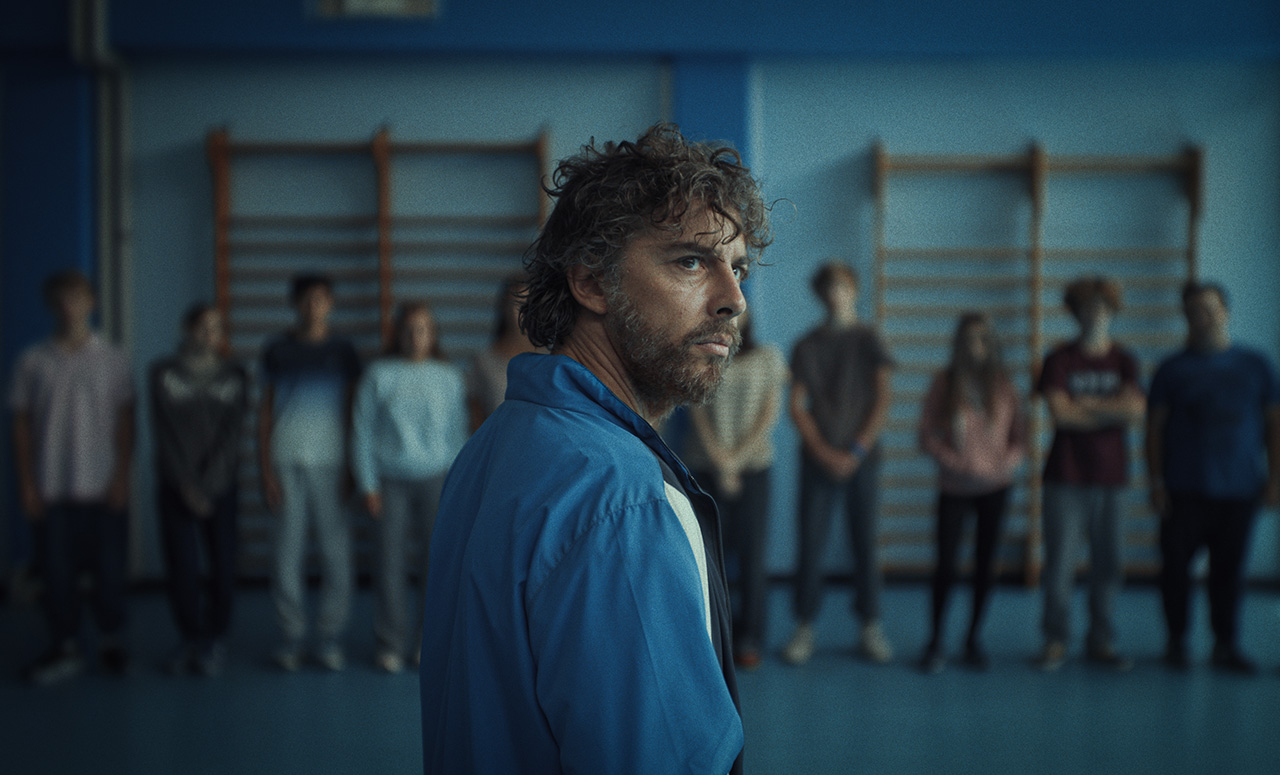
Paolo Strippoli’s The Holy Boy begins with a comfortably spare premise: Sergio (Michele Riondino), once a professional judo wrestler, accepts a post as PE teacher in the remote mountain village of Remis, where he encounters Matteo (Giulio Feltri), a 15-year-old student whose embrace can supposedly take away sorrow – a gift that shades into something far less benign.
Initially, the film flirts with allegory in familiar territory: the child prodigy transformed into a commodity, pushed into performance by adults who prize spectacle over humanity. Matteo’s father recognises his son’s strange ability as a route to status, cultivating a parochial cult of healing hugs. But despite the time devoted to this strand, it never feels especially novel. Stripped of its supernatural wrapping, this is the age-old tale of exploited children – entertainers, athletes, prodigies – locked doors, enforced routines and the pitiless refrain that “the show must go on”.
The film’s fresher footing lies in the private sphere of Matteo’s power. Here, the film courts discomfort, mapping adolescent uncertainty where play tips into violation. Matteo experiments, sometimes innocently, sometimes with a creeping disquiet that mirrors teenage fumbling around intimacy, boundaries and control. In one of the film’s more striking turns, it is not a sermon but a judo match that propels events into darker, more compelling territory. What emerges is not the spectacle of miracles but a queasy exploration of how the vulnerable, without understanding, can drift into predation. Matteo’s tentative romantic entanglements carry a troubling aftertaste, cutting deeper than the film’s more overt horrors.
Visually, Strippoli has chosen his stage well: Remis is hushed and isolating, its empty roads and low-level clouds making for a bleak and beautiful canvas. Yet the feature’s production decisions often jar – the score is overbearing, hammering home emotion where silence might have spoken louder. Costume choices, too, falter. The white streak in Matteo’s hair, brow and lashes immediately evokes comic-book shorthand – closer to an X-Men affectation than the biblical resonance Strippoli appears to seek.
And that is where The Holy Boy falters: in its reach for the grander scheme. Strippoli gestures towards the language of scripture – messianic imagery, the burden of healing, even resurrection itself – enough that the movie resists being read as a straightforward horror. Yet these threads remain a scatter of half-hearted suggestions that are too thinly-drawn to resonate. The result is less true ambiguity than dilution: the film seems to seek the weight of theology without the discipline to see it through. For all the atmospheric tension and the occasional chill it evokes, the film shrinks back from the very questions it poses. What might have been a disturbing exploration of belief, exploitation, and the corruption of innocence ultimately lets those possibilities slip away.
Christina Yang
The Holy Boy does not have a release date yet.
Read more reviews from our Venice Film Festival coverage here.
For further information about the event visit the Venice Film Festival website here.
Watch the trailer for The Holy Boy here:

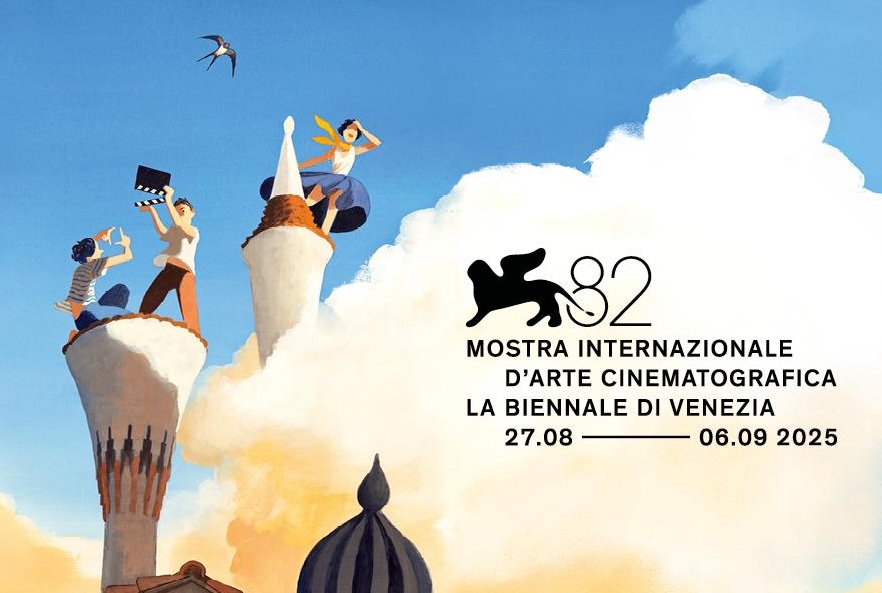
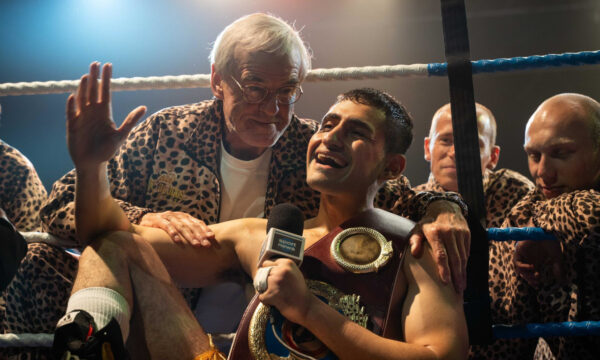
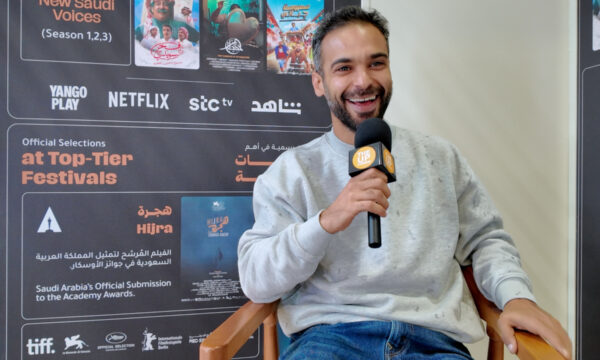
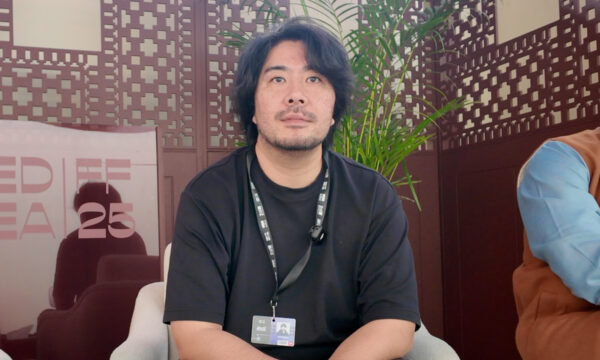
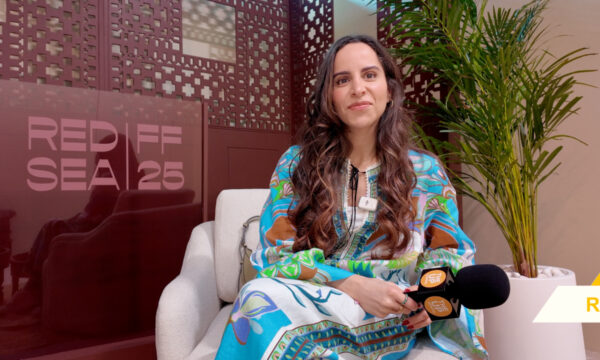
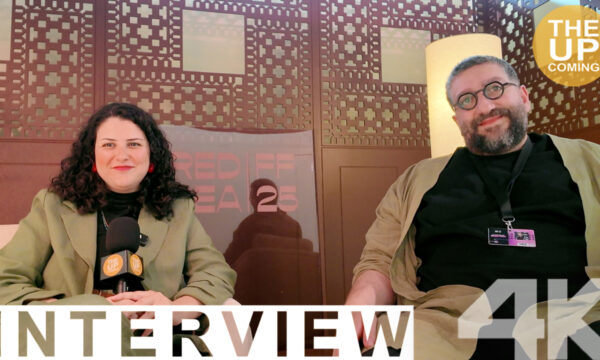
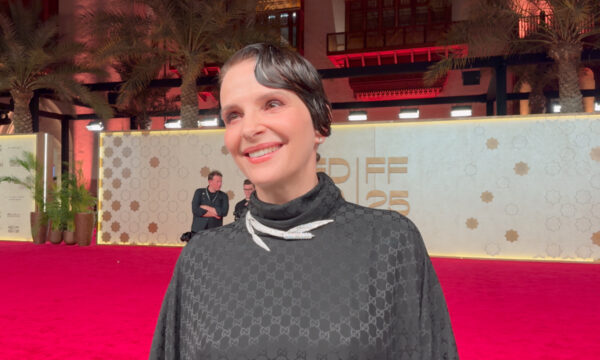
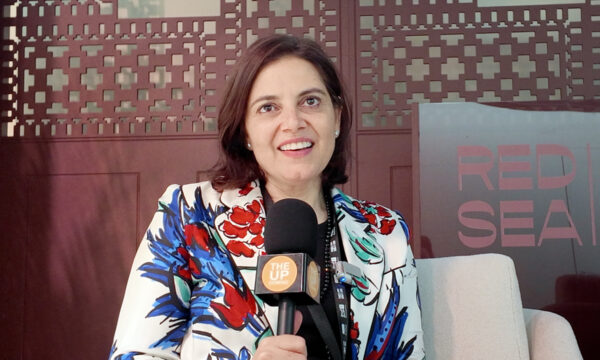
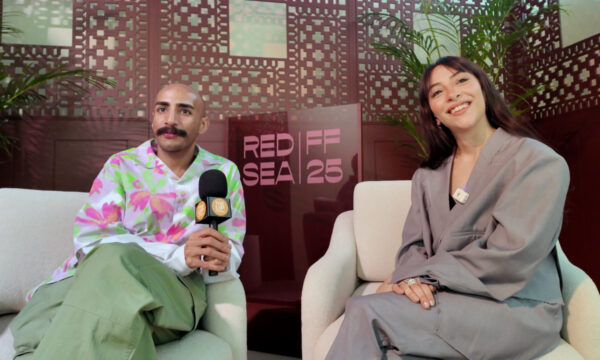
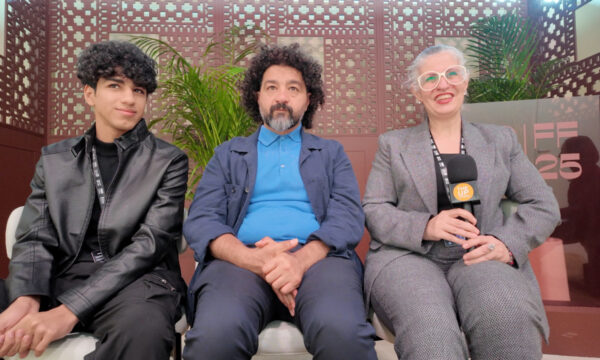
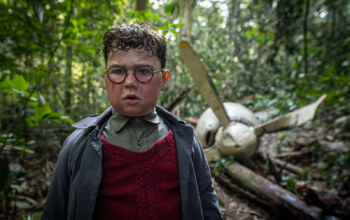
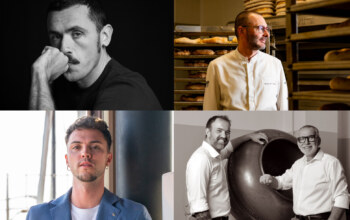
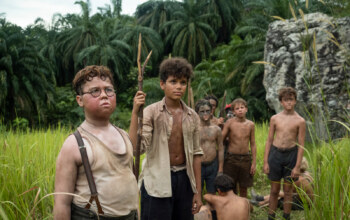
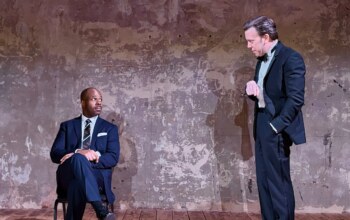
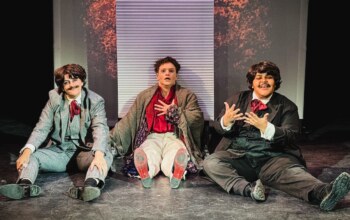



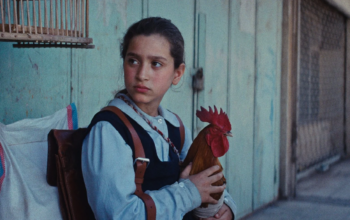






Facebook
Twitter
Instagram
YouTube
RSS